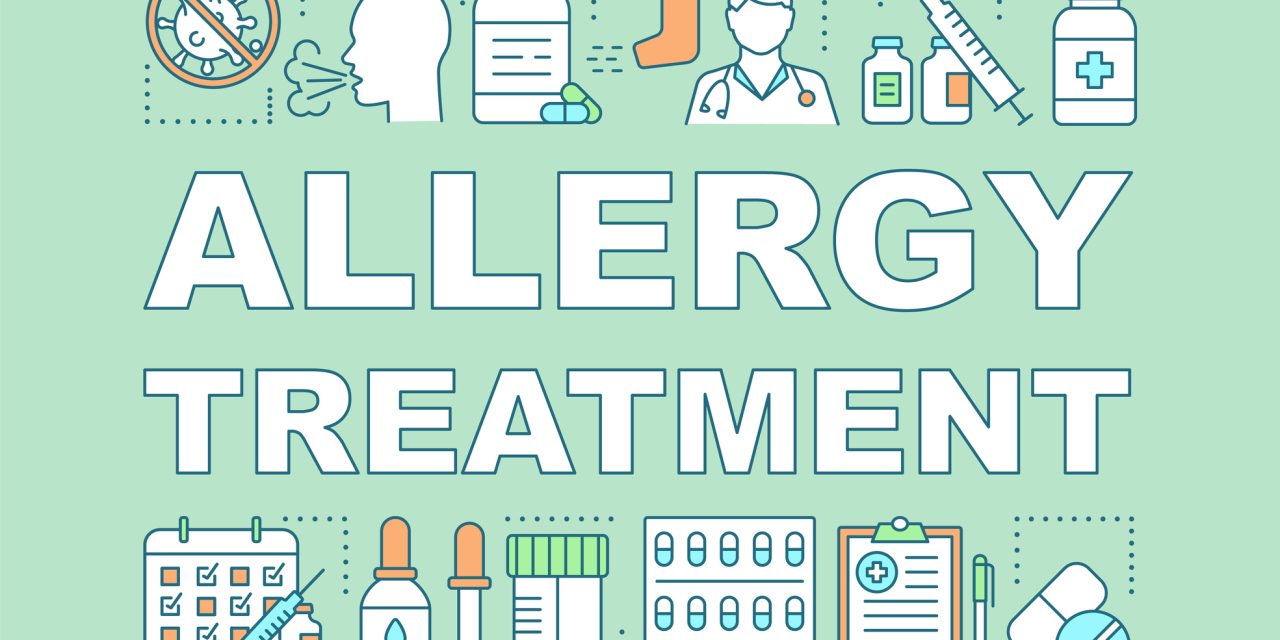When the meningococcal B vaccine was first released in 2017, it was advised for infants based on national epidemiological data that indicated they were at higher risk. However, from the beginning of 2016, the immunization department of the local health authority was receiving spontaneous parental requests for vaccination for children in lower-risk age groups. Researchers decided to use a self-administered questionnaire to look into the parents’ socio-demographic information, their children’s history of other recommended vaccinations (against measles, mumps, and rubella, varicella, meningococcus C, and, for females, human papillomavirus), information sources about meningococcal vaccination, and the timing of its administration for a study.
The survey was completed by 565 parents, and the results revealed that the majority of the requests came from parents of children aged 5 to 11. Children with mothers who had completed high school and were more than 35 years old were more likely to have received the first dosage after the age of one year, to have felt discomfort at the inoculation site, and to have had mild overall responses. The requests were mostly sparked by healthcare experts’ suggestions, and the overburdening of the vaccination program resulted in delays in the provision of subsequent doses. The delays (reported by 74.07% of parents) were mostly due to service-related organizational issues, which resulted in 61.52% of the dosages being provided more correctly by personnel operating as private physicians inside public health facilities, although at a higher cost.
These data suggested that organizational issues and excessive demand had a significant influence on both the efficacy and appropriateness of the vaccination.
Reference:www.tandfonline.com/doi/full/10.1080/21645515.2018.1466015


